WI Announces Winners In First Student Summer Showcase (WISSS 2013)
August 15, 2013The Wireless Institute held its first Student Summer Showcase on July 25 in Stinson-Remick Hall. WISSS 2013 was designed to provide a cross-disciplinary venue for student researchers to interact and exchange research results. WISSS 2013 solicited submissions of abstracts on wireless technology, economics, and regulatory policy that were evaluated for their potential to stimulate interesting discussions and exchange of ideas. The encouragement and support of the participant’s advisors brought a diverse and talented pool of participants.
Starting with the One-Minute-Madness presentation session, the showcase fostered research collaboration and cross-discipline interaction, a venue to highlight the impact of their research work, idea sharing, a chance to hone presentation skills, and started the seeds of innovation between all of our EE/CSE students. The three top project presenters received $100 Amazon gift certificates.
The winning applications of this year’s showcase (in alphabetical order):
Preserving Location Privacy on the Release of Large-scale Mobility Data
by Xueheng Hu (Grad-Computer Science and Engineering)
Xueheng proposed a novel approach to preserve the usefulness of location data of mobile wireless devices while maintaining user and location privacy. He argued that it is the wireless relationships rather than geo-locations that serve to be the essence in mobility patterns. A set of metrics was applied to evaluate the performance of his algorithm in terms of preserving the original wireless relations in the output traces. He presented that the results are promising. Mr. Hu’s advisor is Aaron Striegel, Associate Professor/CSE.
Design of Simple Decoupling Networks
by Ding Nie (Grad-Electrical Engineering) and Erik Stauffer (Broadcom)
Ding presented a simple systematic method to create decoupling networks between radio-frequency amplifiers and their loads using lumped impedances. A decoupling network for N loads requires a network that has a number of components quadratic in N. In this project, he developed systematic methods for minimizing the number of lumped components, thus helping to pave the way for technologies such as massive MIMO. Mr. Nie’s advisor is Bertrand Hochwald, Freimann Professor/EE.
Stochastic Multipath Modeling of Wideband Polarized MIMO Channels
by Farzad Talebi (Grad-Electrical Engineering)Farzad wanted to address the modeling of wide-band MIMO polarized channels. He proposed a stochastic multipath model for the impulse response of space-polarization MIMO channels which is intended to be simpler to emulate (on modern digital channel emulators) and more tractable (analytically) than the state of the art geometric or non-geometric (angular) stochastic models. Mr. Talebi’s advisor is Thomas Pratt, Research Associate Professor/EE.
The Wireless Institute would like to thank our outstanding student organizing
committee members: Ebrahim MolavianJazi (Grad-EE), Shu Liu (Grad-CSE), and Anjin Guo (Grad-EE). Also, we would like to recognize our enlightening Master of Ceremonies, Professor Daniel Costello, Jr., our esteemed panel of judges: Professors Thomas Fuja, J. Nicholas Laneman, Bertrand Hochwald, Thomas Pratt, Aaron Striegel, and our creative designer, Hajar Majed. Their support and presence was tremendously valuable.

